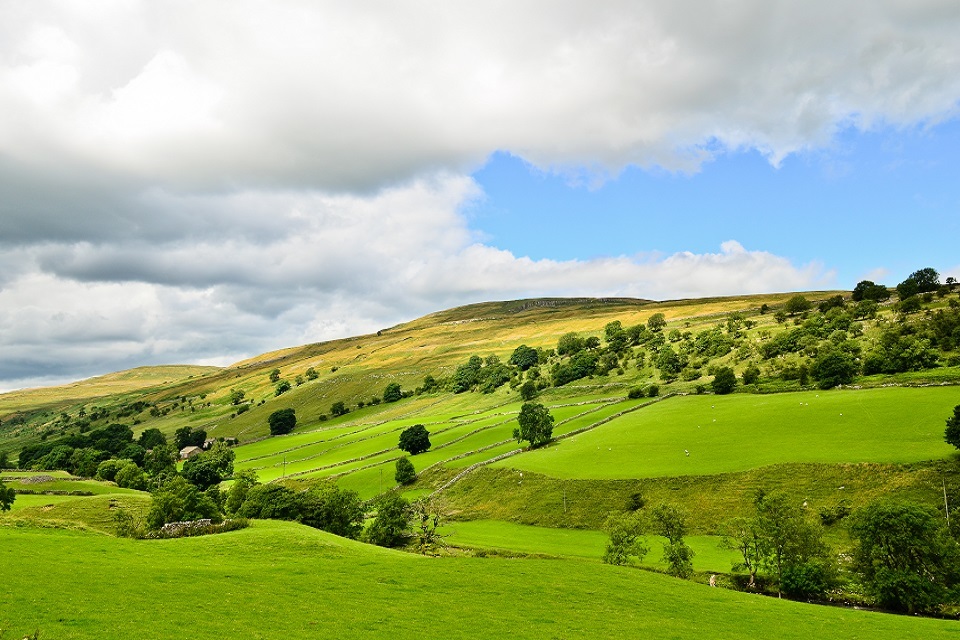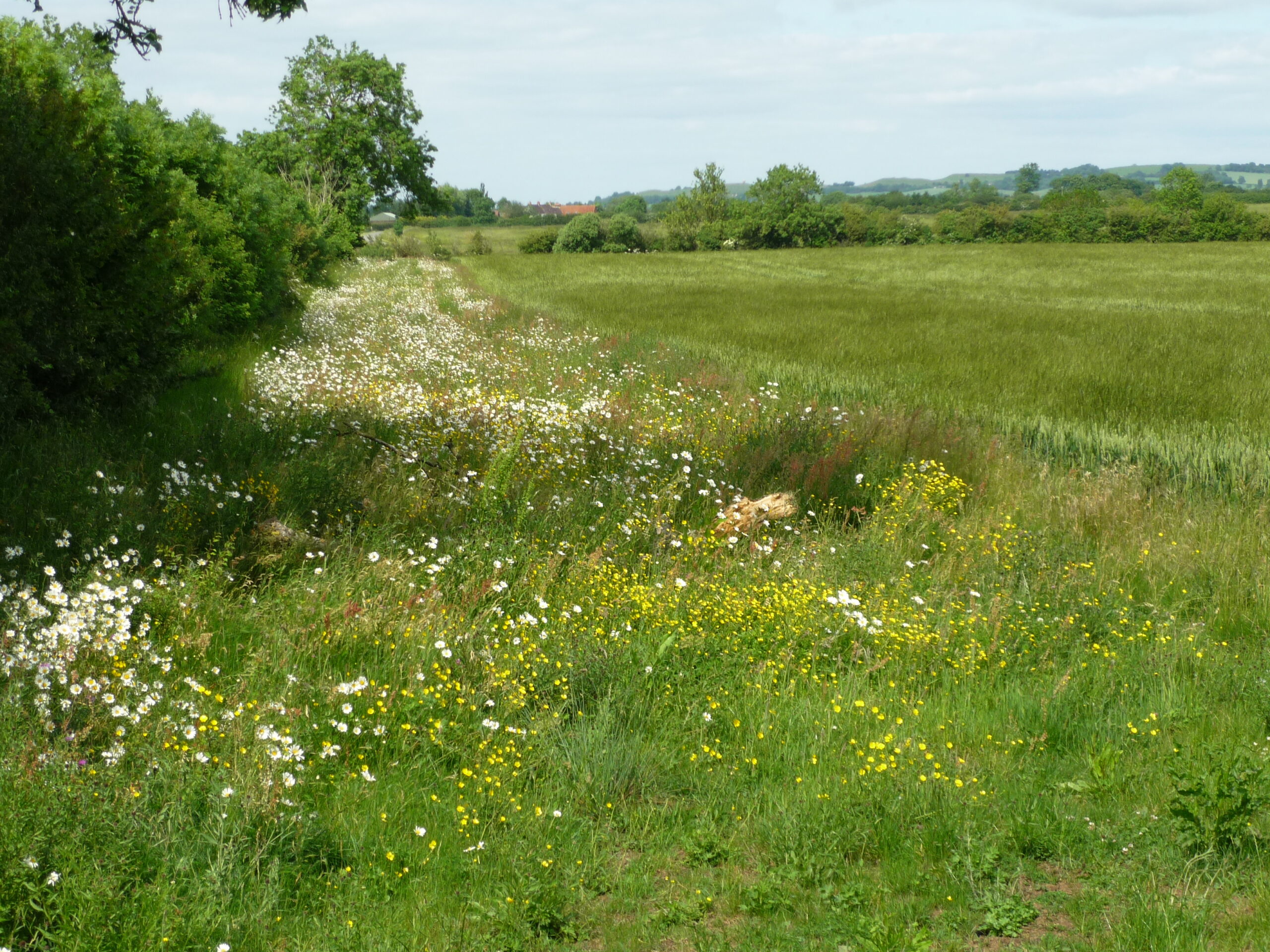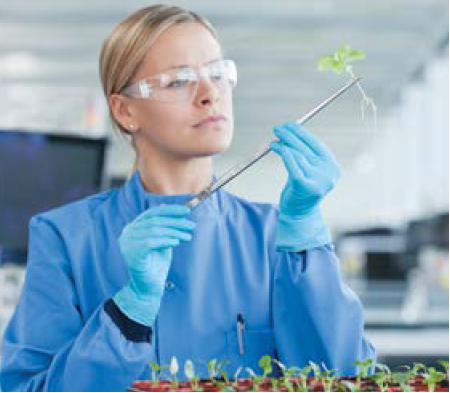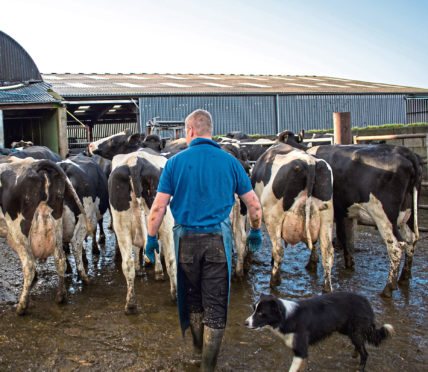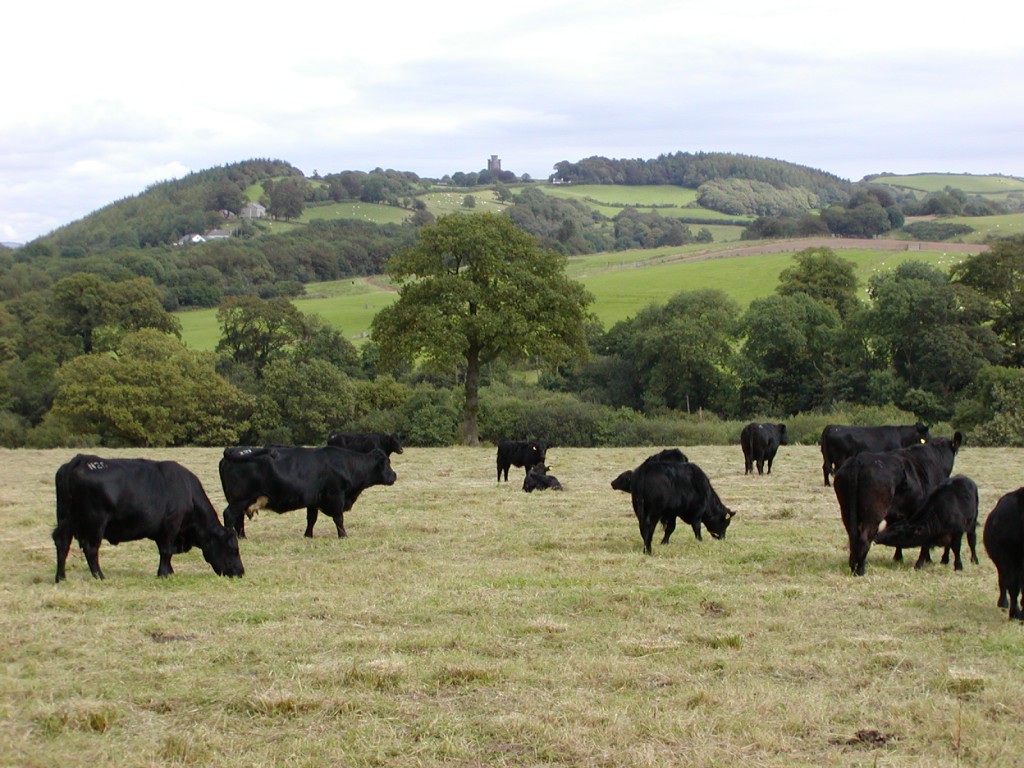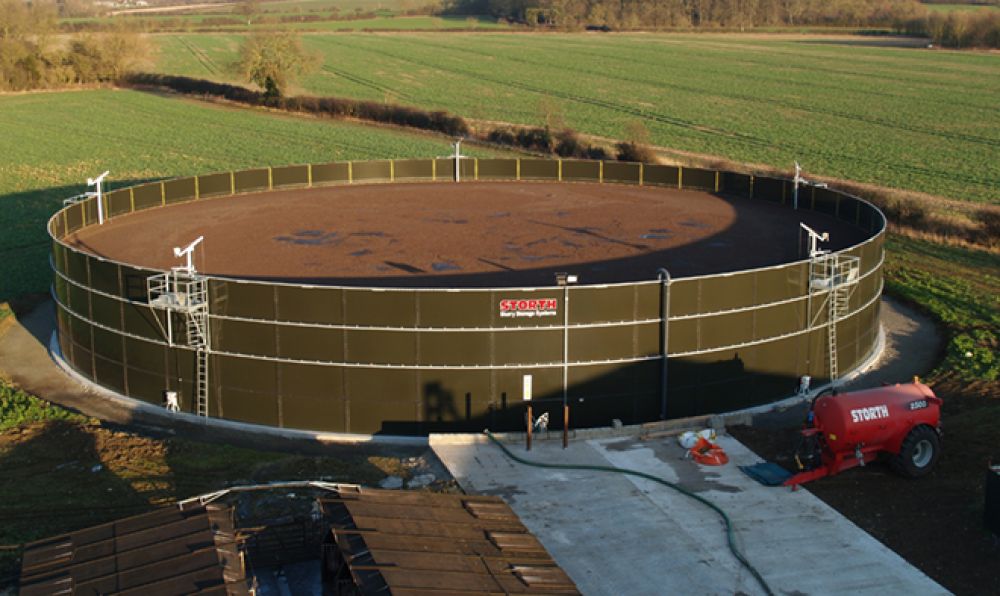The RPA has emailed all BPS claimants informing them that it will be sending out Delinked Payment Information Statements soon. The Statements will be sent out in batches from early November; if claimaints have not received one by early December, they should contact the RPA. The information in the Statement should be checked and any queries need to be raised with the RPA by 29th February 2024.
Delinked payments will replace BPS payments from 2024 – the 2023 claim was the last under the old Basic Payment Scheme. The RPA will pay Delinked payments each year from 2024 to 2027. The amount received will decrease each year as the progressive reductions apply under the Agricultural Transition. Those in receipt of Delinked payments will not need any land or entitlements to receive the payments.
The Statements will show the ‘Reference Data’, this is based on BPS payments received in the ‘Reference Period’ – 2020, 2021 and 2022 BPS years. The Reference Data determines the ‘Reference Amount’, basically the average yearly payment received over the three years. This will be then be paid in each of the years from 2024 to 2027 to those that are eligible, minus the progressive reductions for that year. Our Key Farm Facts contains details of the yearly reductions, although Defra has still not confirmed the percentages for 2025 – 2027. To be eligible for a payment, the business must have made an eligible claim in 2023 and have a Reference Amount. Those who received a payment under the Lump Sum Exit Scheme are not eligible.
It will not be necessary to apply to receive Delinked payments – they will come automatically as long as the business is eligible. The value of the payments for 2024 to 2027 will not be affected if the farm size changes, or if there is a change in what the land is used for after BPS 2022. Payments will be paid half from 1st August and the balance from 1st December from 2024 onwards. Where a business receives Delinked payments, these will be taxed as income.
From 15th February to 10th May 2024, it may be possible to transfer some or all of a business’s Reference Data to another business. This may be because there has been a change in business structure (mergers, scissions), land has changed hands, or the business may just wish to sell their ‘entitlement to the future support’. The business receiving the Reference Data and hence the Delinked payment must have made an eligible 2023 BPS (except for some inherited land cases). Those who have Reference Data (i.e made a claim in 2020-2022) but did not make a claim in 2023 would not be eligible to receive a Delinked payment but can still transfer their allocation to an eligible business. More information on how to do this is expected later this year. But RPA has made it clear that it is up to businesses if they want to transfer any of their Reference Data and it will not get involved in disputes between claimants.
In some cases, it may only be possible to transfer the Reference Data if eligible land in England was transferred from the business transferring out the Reference Data to the business receiving the Reference Data. The transfer of land must have happened after 15th May 2020 and before 16th May 2023. A transfer of land is needed where the business:
- has a Reference Amount of more than £30,000 and the transfer is for only part of the Reference Data or is to more than one business – this rule is to stop Reference Data being artificially split between businesses to reduce the progressive reductions that apply
- wants to transfer out Reference Data that has been transferred to it from another business
- wants to transfer Reference Data from a business where the SBI has been closed – the SBI will be shown as ‘locked’ on the Rural Payments service and RPA will have written to the business to tell them it has closed the SBI
Further information on Delinked payment, including worked examples, can be found at https://www.gov.uk/guidance/delinked-payments-replacing-the-basic-payment-scheme
